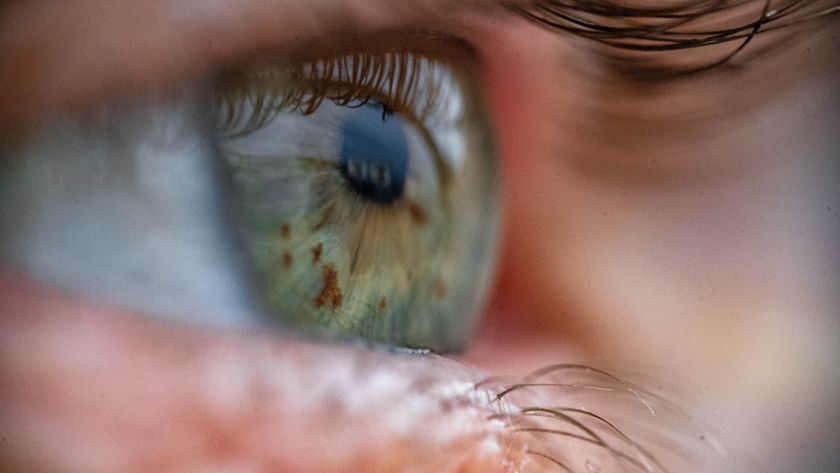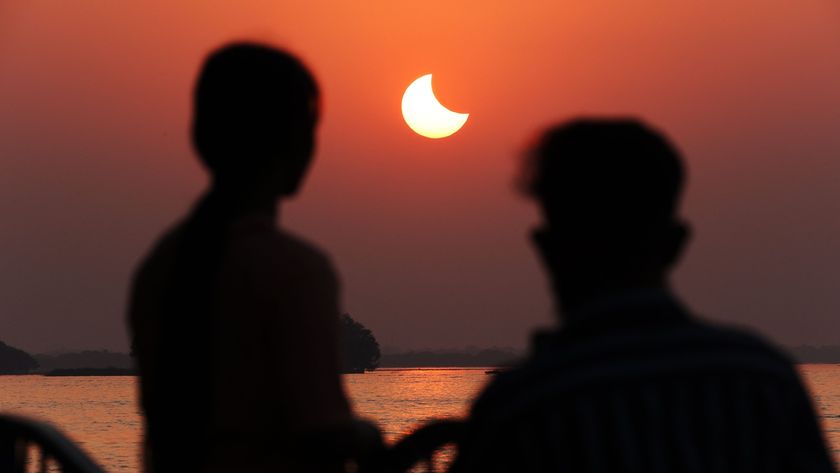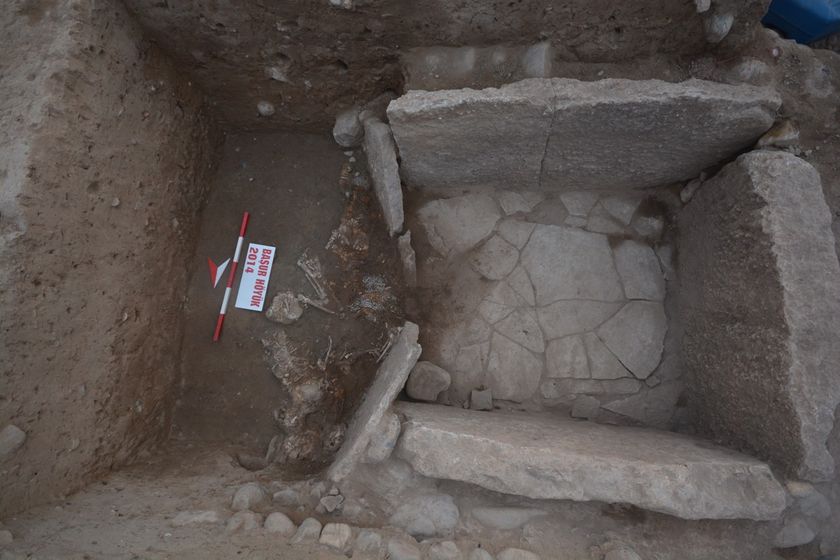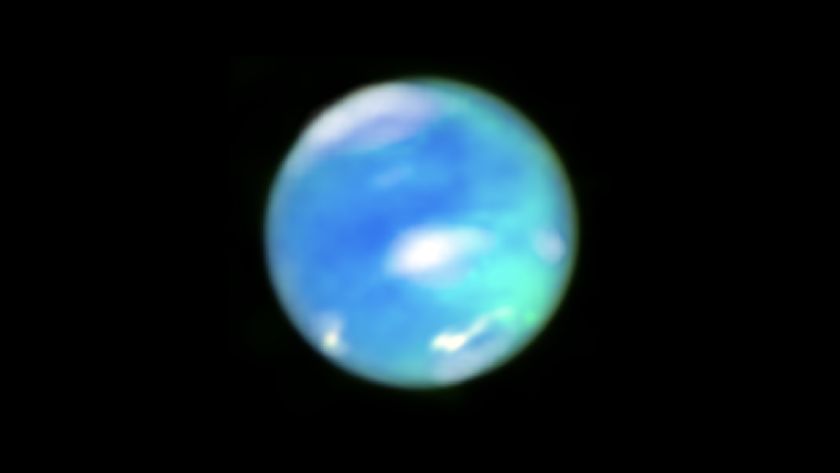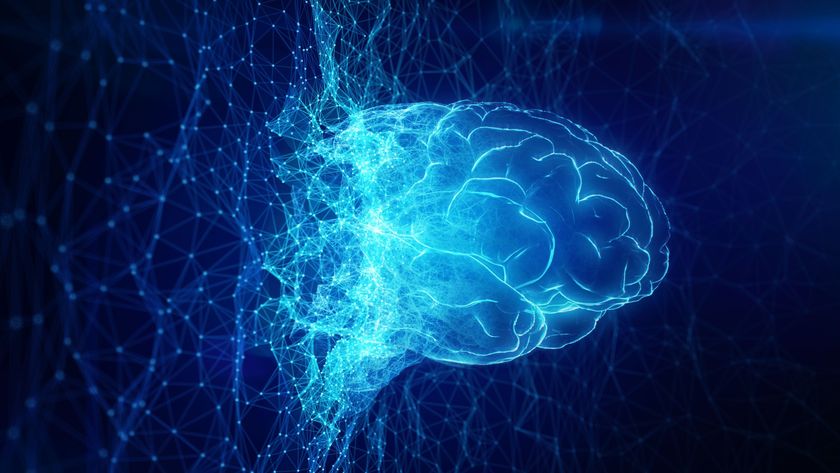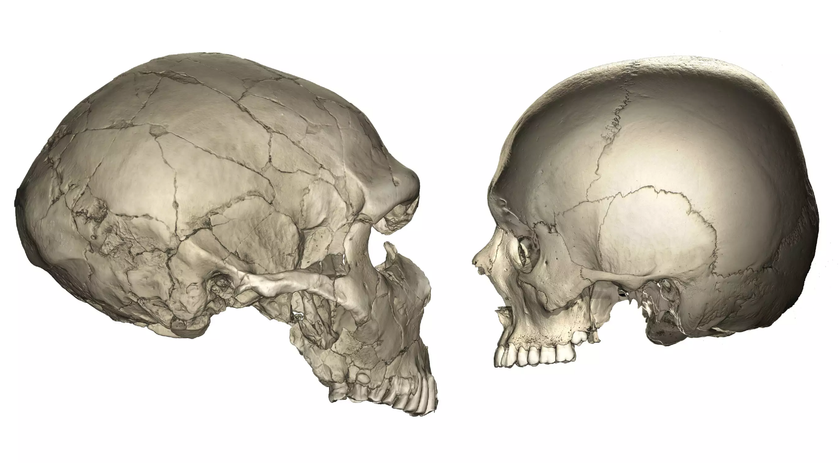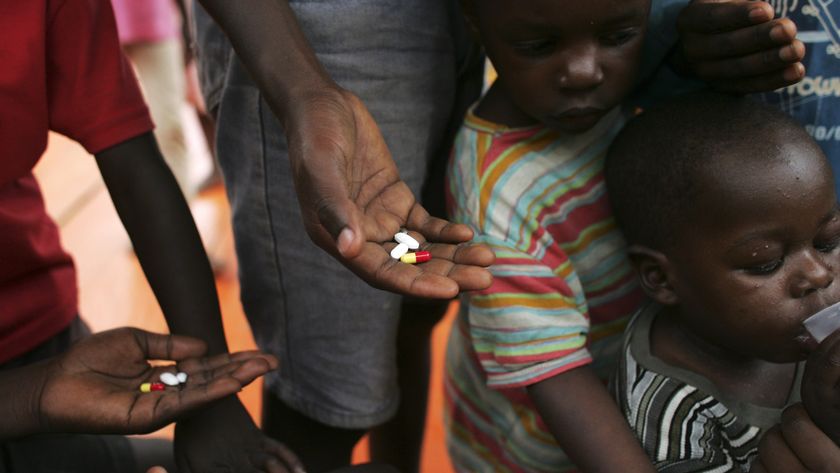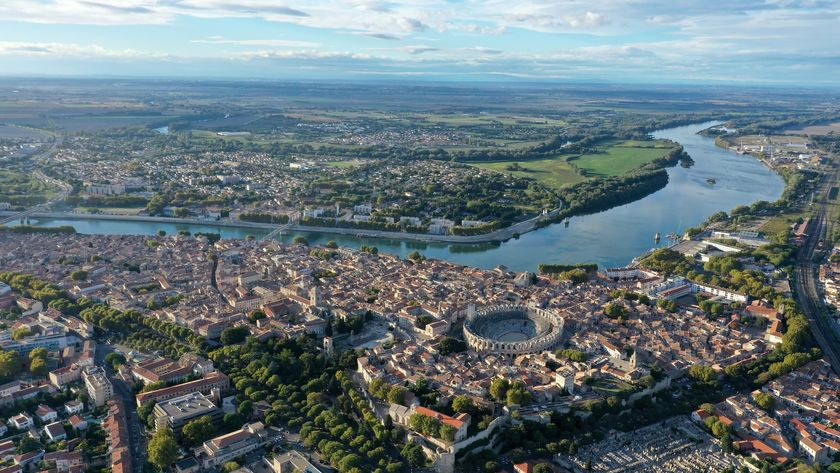Why We Get Thirsty at Bedtime
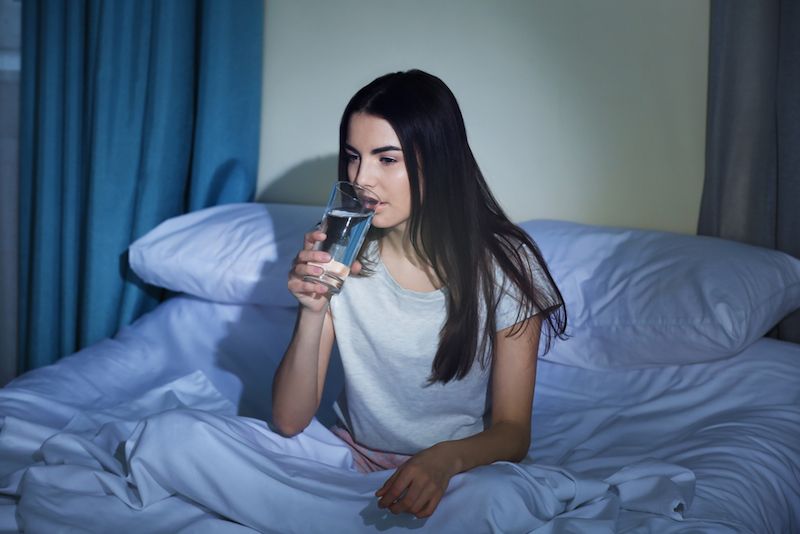
The urge to guzzle water right before bedtime might be due to the workings of the brain's inner clock, a new study conducted in mice suggests.
"Although this study was performed in rodents, it points toward an explanation as to why we often experience thirst and ingest liquids such as water or milk before bedtime," study co-author Charles Bourque, a professor of neurology at McGill University in Quebec, said in a statement.
However, more research is needed to see whether the new findings fully apply to people, the researchers said. [The 7 Biggest Mysteries of the Human Body]
Before the new study was conducted, researchers knew that rodents seemed to consume more water during the 2 hours before sleep, but the reason for this surge in water intake was unclear.
In the study, the researchers prevented 12 mice from accessing water for a few hours before they went to sleep. It turned out that the mice were severely dehydrated by the time they woke up. This result led the researchers to think that the surge in their water intake that occurs shortly before sleep might be a way for mice to protect themselves against dehydration while they are asleep.
However, the researchers also wanted to see what mechanism prompted the mice to drink more water before sleep. They wondered whether the cells within the brain's "hydration sensor," which has been associated with thirst, could be in communication with the part of the brain that controls the mice's inner body clocks, that prompt them to sleep and wake up. [5 Things You Must Know About Sleep]
The researchers stimulated the inner clock within the mice's brains with electricity, and found that this stimulation seemed to increase the release of the hormone vasopressin, which is produced in that same region of the brain.
Sign up for the Live Science daily newsletter now
Get the world’s most fascinating discoveries delivered straight to your inbox.
During further experiments in the mice, the scientists found that the vasopressin hormone indeed activated the brain cells associated with thirst, according to the study, published today (Sept. 29) in the journal Nature.
However, more research is needed to see if the same mechanisms are at work in humans, Bourque told Live Science. "There is a lot of anecdotal evidence that some people feel thirsty and routinely will have a glass of something before they go to bed, but then at the same time there are lots of people who say they don't drink before they go to bed," he said. "And there are some people who decide not to have a drink before they go to bed because they are worried that's going to fill their bladder up and they will wake up at night."
Still, the new findings may help researchers to better understand how the brain's inner clock works, the researchers said.
Originally published on Live Science.


